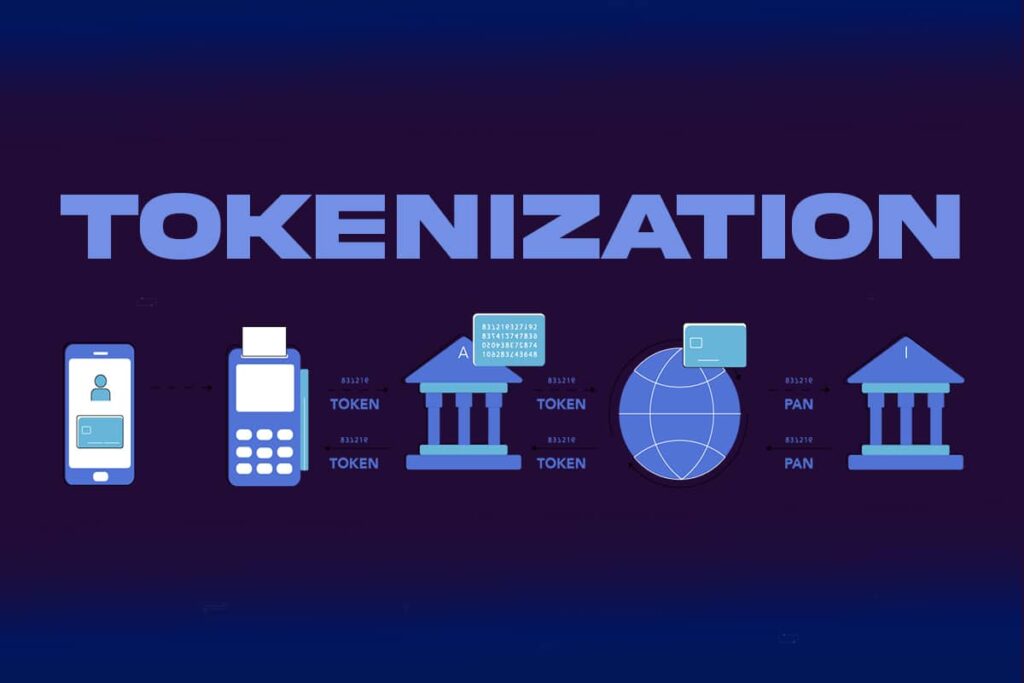Stock Exchanges Raise Alarm on Tokenized Stocks: A Call for Regulatory Action
The landscape of global finance is evolving rapidly, particularly with the rise of tokenized stocks, which have become a hot topic among stock exchanges worldwide. Recently, the World Federation of Exchanges (WFE) issued a cautionary letter to top regulatory bodies, urging them to increase scrutiny over these innovative financial products. The primary concern is that tokenized stocks, while mimicking traditional equities, lack the same protections and rights, creating significant risks for investors and potentially destabilizing markets.
Understanding Tokenized Stocks
Tokenized stocks are blockchain-based representations of ownership in traditional company shares. They are gaining popularity as various brokers and cryptocurrency platforms aim to blend digital assets with conventional finance. Companies like Robinhood, Coinbase, and Kraken are leading the charge, offering products that appeal to a growing base of crypto investors looking for new ways to engage with established companies. However, the WFE warns that despite their increasing adoption, the underlying structure of tokenized stocks fails to afford investors the same rights associated with traditional shares.
Misleading Nature and Investor Risks
In the letter sent to regulators, the WFE emphasized how tokenized stocks can create a false sense of ownership among investors. Many brokers promote these tokens as comparable to classic shares, which can mislead individuals into thinking they possess genuine shareholder rights. This confusion could result in considerable losses for investors, especially if they believe their assets are as secure as traditional stocks when, in reality, they are not.
Regulatory Action Needed
The call for regulatory action comes at a time when concerns regarding misleading marketing and inadequate protections have reached a tipping point. The WFE urges regulators to enforce existing securities laws on these new products and strengthen the frameworks governing ownership and custody. These measures are crucial to ensuring that tokenized stocks are properly regulated and consumers are protected. As Nandini Sukumar, the WFE’s CEO, noted, recent conversations with traditional stock issuers have highlighted growing concern over the implications of tokenized offerings on their reputations.
The SEC and IOSCO’s Position
While the WFE’s letter is gaining traction, the U.S. Securities and Exchange Commission (SEC) and other relevant regulatory bodies have yet to provide detailed responses. Previous statements from SEC officials indicate that tokenized stocks must comply with U.S. securities laws, reinforcing the concerns raised by the exchanges. At the same time, developments from fintech firms like Robinhood and Coinbase indicate a growing appetite for tokenized equity offerings, but these innovations come with caveats that must be addressed to avoid potential investor pitfalls.
Balancing Innovation with Regulation
The emerging debate surrounding tokenized stocks reflects a critical tension between financial innovation and the need for robust regulatory frameworks. While proponents argue that these products can minimize trading costs and increase accessibility, the WFE asserts that the risks associated with poor regulatory oversight outweigh these benefits. Regulators will need to navigate this complex landscape carefully to foster innovation while ensuring that investor protections are paramount.
Conclusion: The Road Ahead
The conversation between traditional financial institutions, regulatory bodies, and fintech companies is just beginning regarding the future of tokenized stocks. As the WFE’s call to action underscores, a balanced approach is needed—one that prioritizes investor safety while allowing for innovation. The regulatory environment will play a crucial role in shaping how tokenized stocks develop and whether they can coexist with traditional equity markets without undermining their stability. As the situation develops, it is essential for stakeholders within the financial ecosystem to remain informed and engaged in this evolving discussion.
In summary, while tokenized stocks offer exciting new avenues for investment, the financial landscape must be carefully navigated to mitigate risks and ensure that investor protections remain front and center. It remains to be seen how regulators will respond to these concerns, but the growing dialogue between exchanges and regulatory entities is a step in the right direction.


